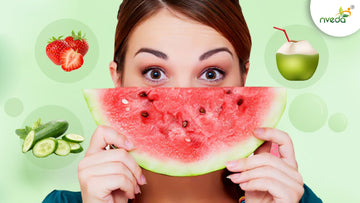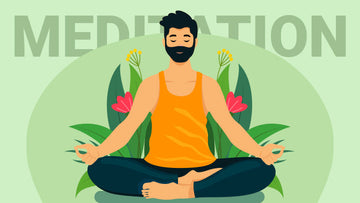When the weather gets hot, drinking enough water becomes really important. Staying hydrated helps keep your body cool, gives you energy, and keeps you feeling your best. If you don’t drink enough water, you can feel tired, dizzy, and even get sick. This guide will help you understand why hydration matters in summer and how to stay on top of it.
Why Is Hydration Important in Summer?
When it’s hot outside, your body sweats more to help cool down. Sweating causes you to lose water and important minerals called electrolytes. If you don’t replace them, you can get dehydrated. Dehydration can lead to a range of symptoms, from mild discomfort to serious health issues. You might feel tired, dizzy, or have a headache. Your skin can become dry, and you may even feel nauseous. In extreme cases, dehydration can lead to heat exhaustion or heatstroke, both of which require immediate medical attention.
Your body relies on water for almost every function, including regulating your body temperature, transporting nutrients, and removing waste. When you’re dehydrated, these functions slow down, affecting your energy levels, mood, and overall health. This is why it’s so important to drink water regularly, especially during the summer when the risk of dehydration increases.
How Much Water Should You Drink?
The amount of water you need depends on your age, activity level, and how hot it is outside. A good rule of thumb is:
-
Men: About 13 cups (3.7 liters) of water a day
-
Women: About 9 cups (2.7 liters) of water a day
These amounts include all fluids, not just water. If you’re active, spending time outdoors, or in a very hot climate, you’ll need to drink more. Remember, thirst is a sign that your body is already dehydrated, so it’s better to drink water regularly throughout the day, even if you don’t feel thirsty.
Simple Ways to Stay Hydrated
-
Carry a Water Bottle: Always have water with you so you can sip throughout the day.
-
Add Flavors: Make water more interesting by adding lemon, cucumber, or mint.
-
Eat Water-Rich Foods: Fruits like watermelon, oranges, cucumbers, and strawberries help keep you hydrated.
-
Drink Regularly: Don’t wait until you’re thirsty—make it a habit to drink water often.
-
Know the Signs of Dehydration: Dark urine, dry mouth, dizziness, and headaches mean you need more water.
Hydrating Foods to Keep You Cool
In addition to drinking water, eating foods with high water content can help keep you hydrated. These foods are packed with moisture, vitamins, and minerals, making them great choices for hot summer days:
-
Watermelon: Contains about 92% water and is perfect for cooling down.
-
Cucumbers: Crisp and refreshing, with about 96% water content.
-
Oranges: Juicy and packed with vitamin C, helping you stay refreshed.
-
Strawberries: Sweet, juicy, and full of antioxidants.
-
Lettuce and Celery: High in water and great for adding to salads or snacks.
-
Tomatoes: Rich in water and nutrients, perfect for salads and sandwiches.
-
Pineapple: Not only hydrating but also great for digestion.
-
Melons: Like cantaloupe and honeydew, which are sweet and hydrating.
Including these foods in your meals and snacks can make a big difference, especially if you find it hard to drink enough water.
Staying Hydrated During Outdoor Activities
Staying hydrated is especially important when you’re outdoors. Whether you’re going to the beach, hiking, or playing sports, your body loses a lot of water through sweat.
-
At the Beach: Keep a cooler with water and drink often, even if you don’t feel thirsty. The sun can make you lose fluids quickly.
-
When Exercising: Drink water before, during, and after exercise. For long workouts, especially in hot weather, drinks with electrolytes can help replace lost minerals.
-
In Hot Weather: Take breaks in the shade, wear a hat, and drink water regularly. If you’re feeling lightheaded or dizzy, it’s a sign you need to hydrate immediately.
When to Get Medical Help
Severe dehydration can be dangerous. Get help right away if you or someone else has:
-
Confusion, fainting, or extreme drowsiness
-
Fast breathing or a racing heart
-
Inability to keep fluids down
-
Hot, dry skin without sweating
These symptoms may indicate heat exhaustion or heatstroke, both of which are medical emergencies. Seek immediate medical attention if you notice these signs.
Final Thoughts
Drinking enough water is one of the easiest ways to stay healthy, especially in the summer. It helps your body stay cool, supports your energy levels, and keeps you feeling your best. By keeping a water bottle handy, eating hydrating foods, and drinking regularly, you’ll feel better, stay cool, and enjoy your summer to the fullest.
Don’t wait until you feel thirsty—make hydration a daily habit. Your body will thank you for it.







